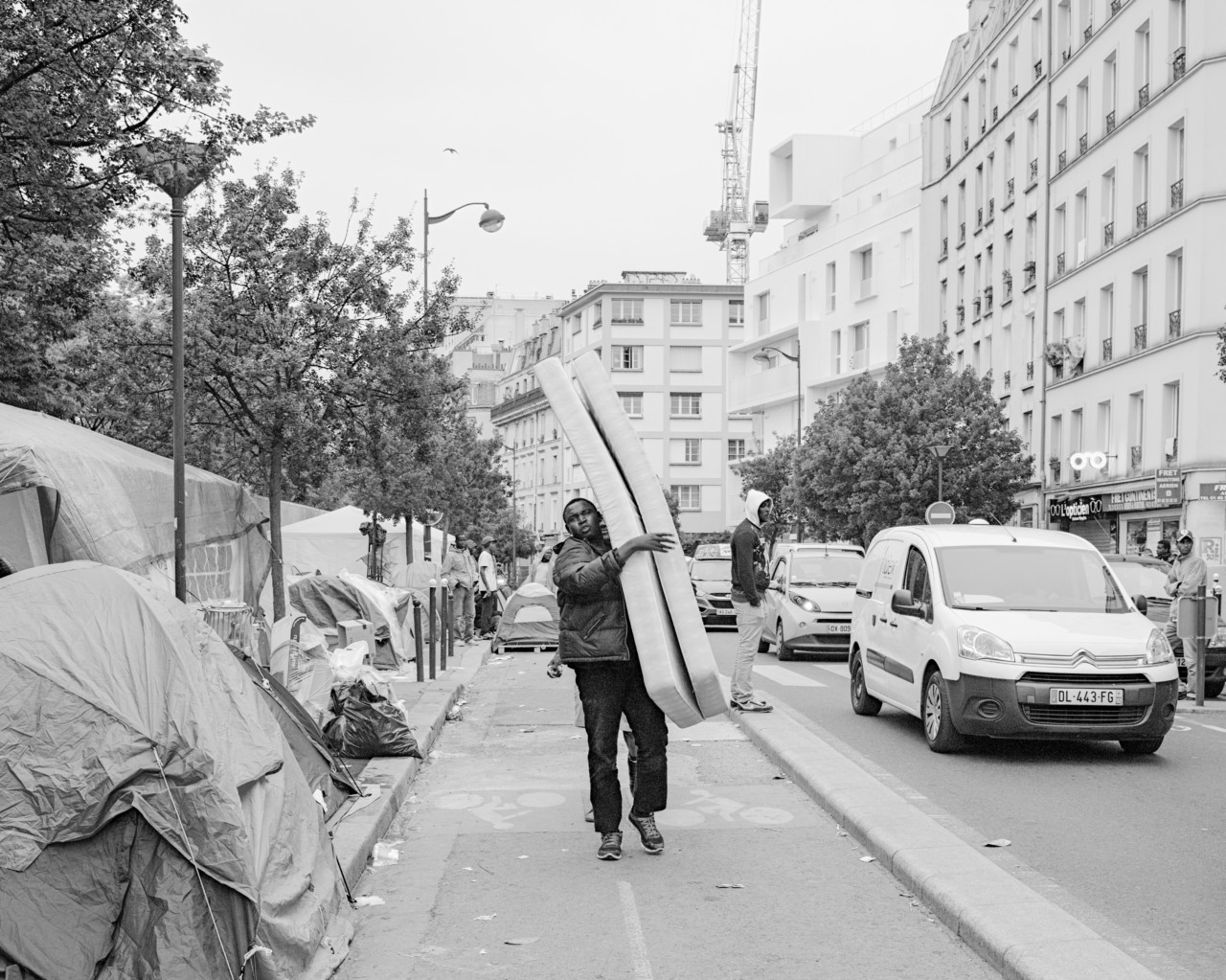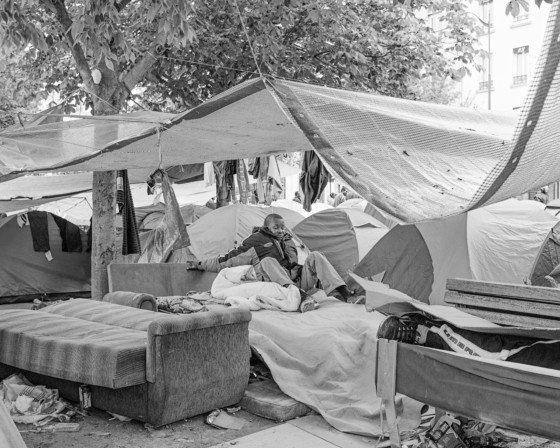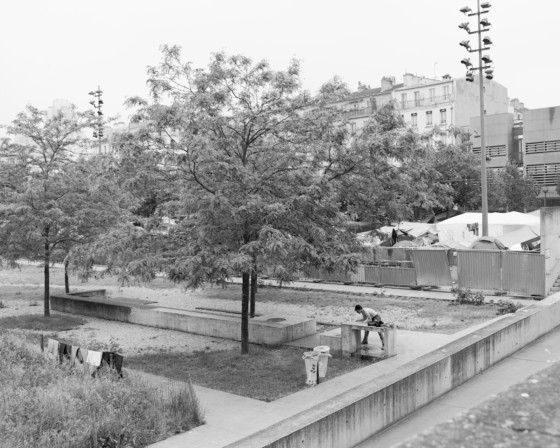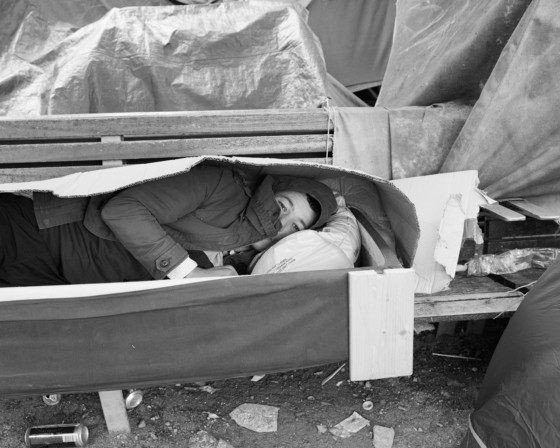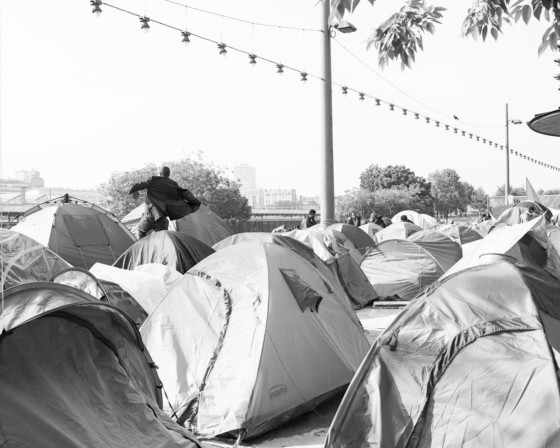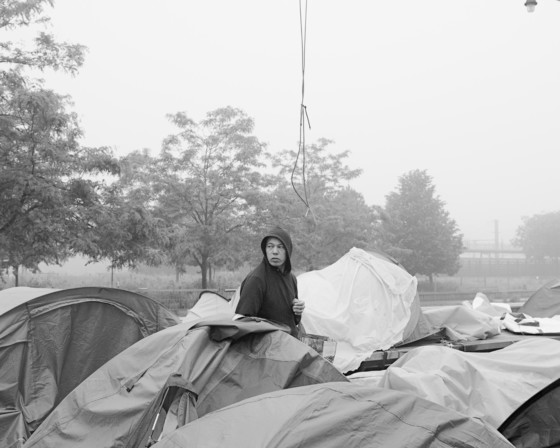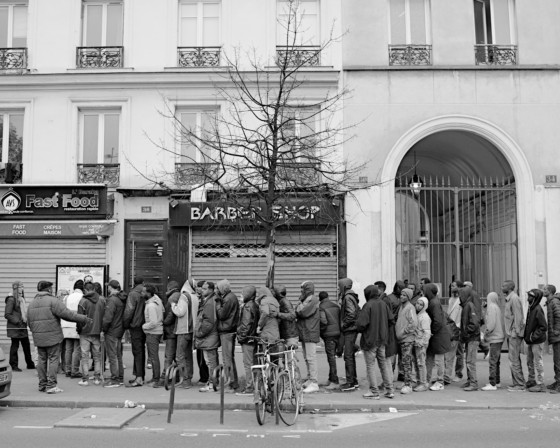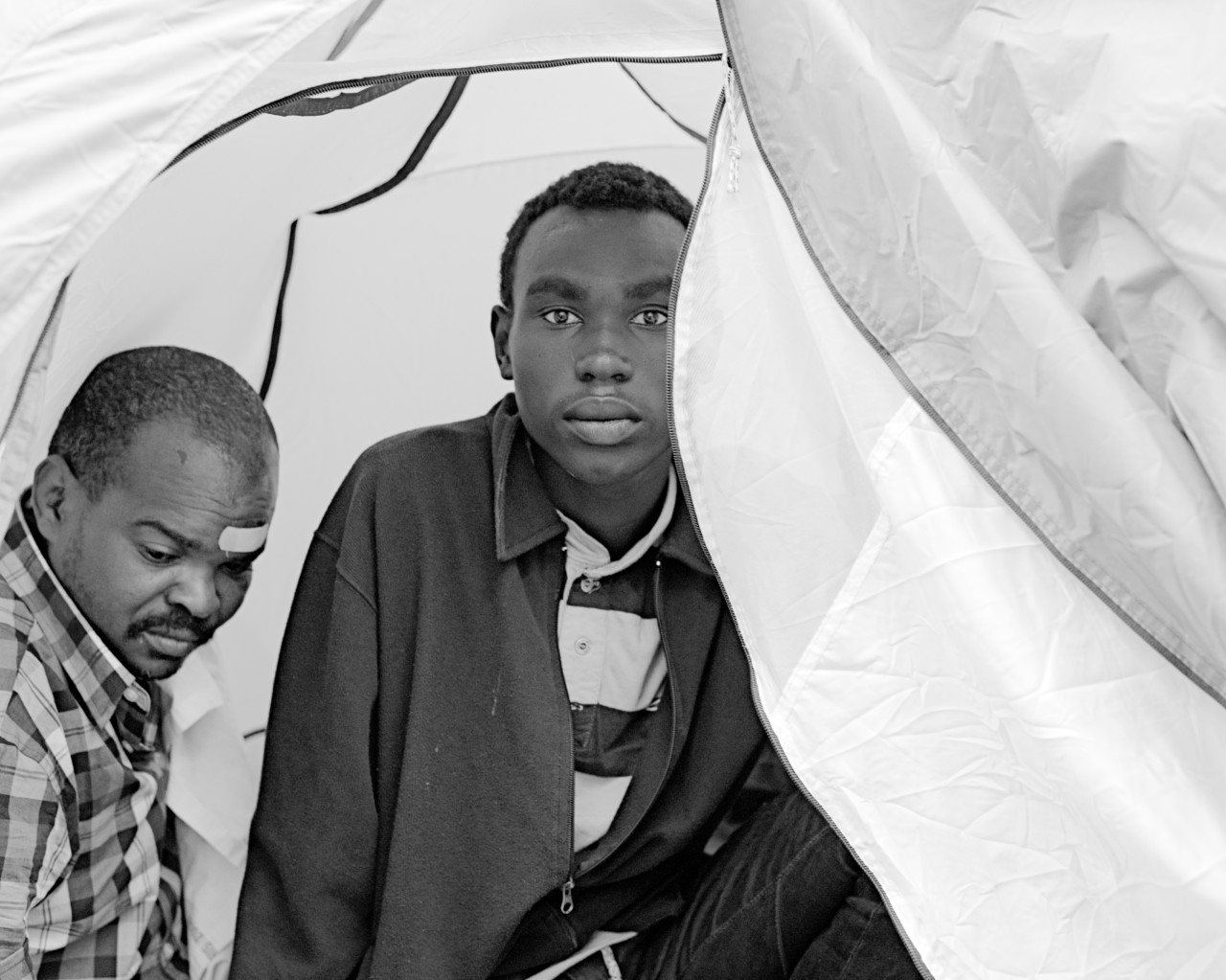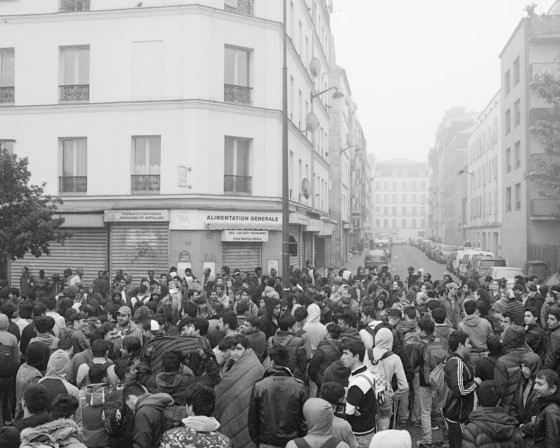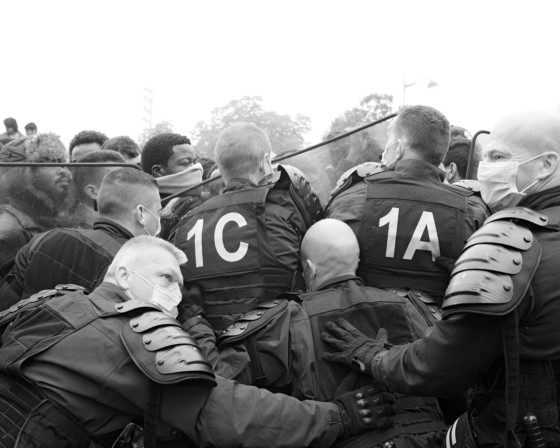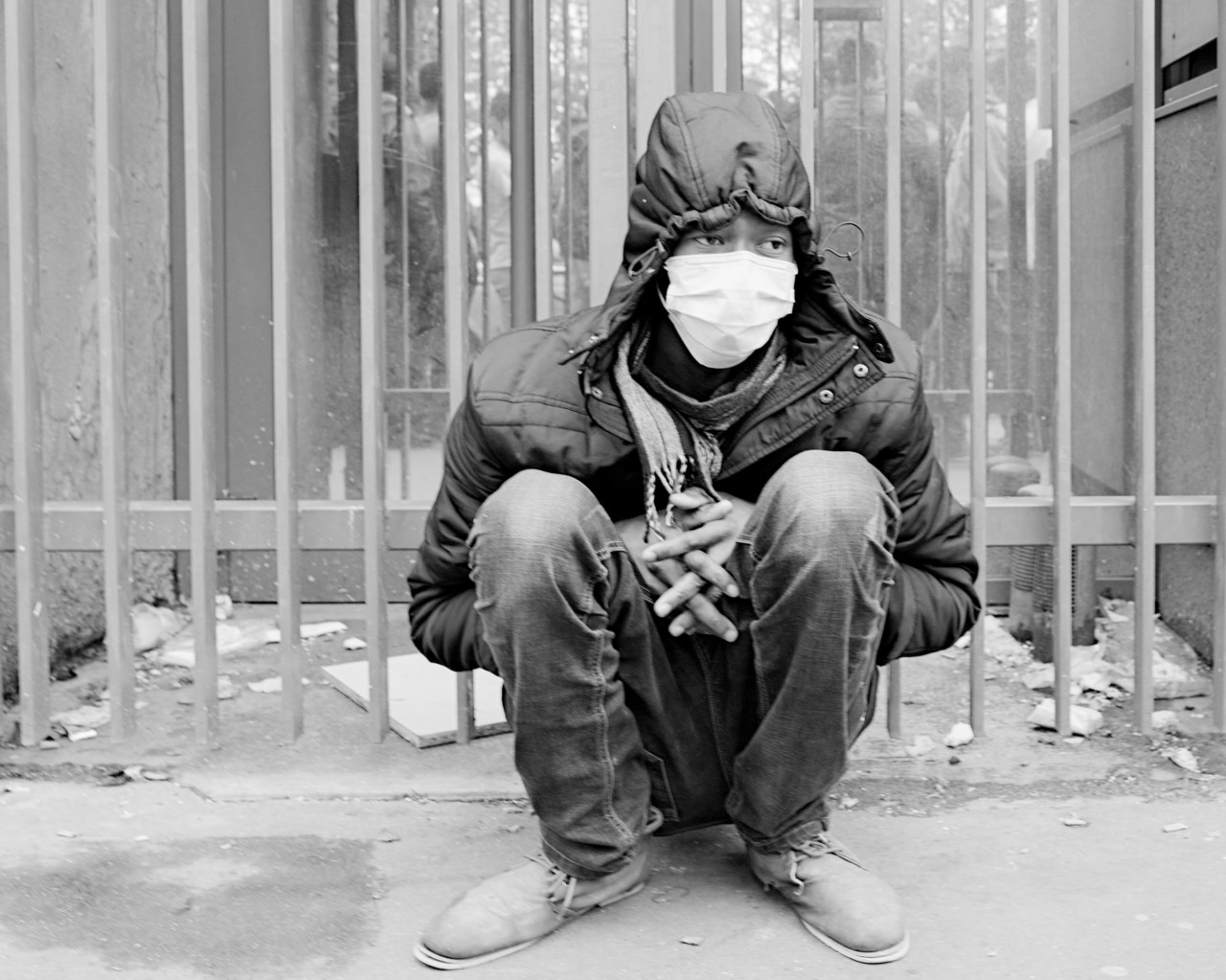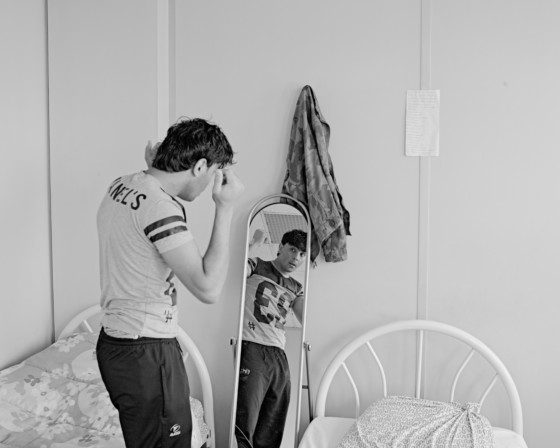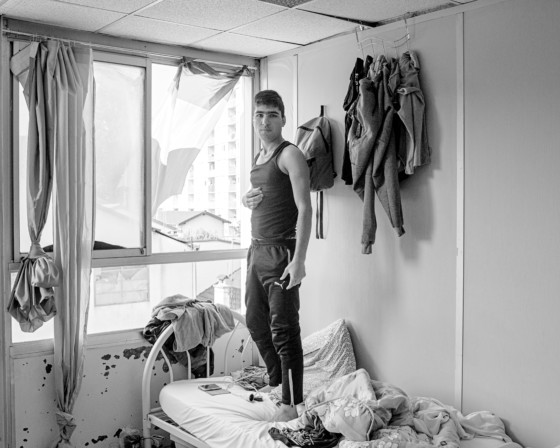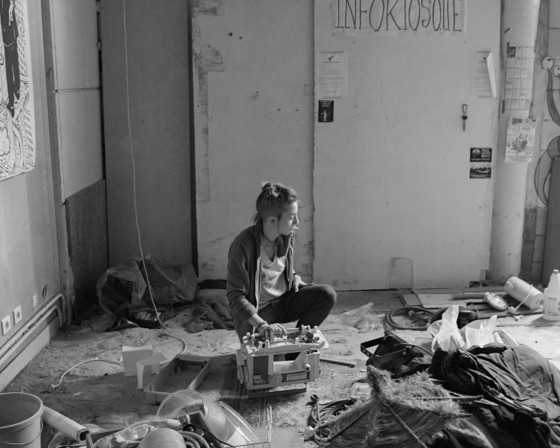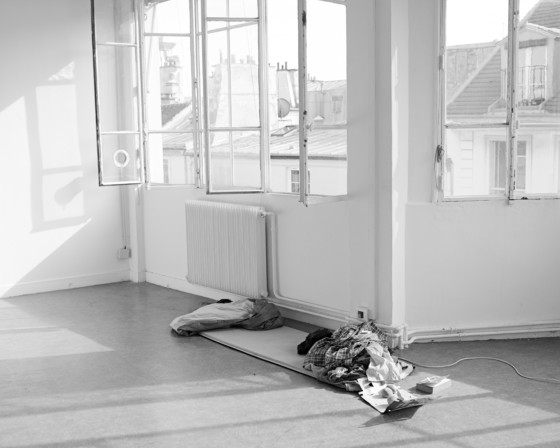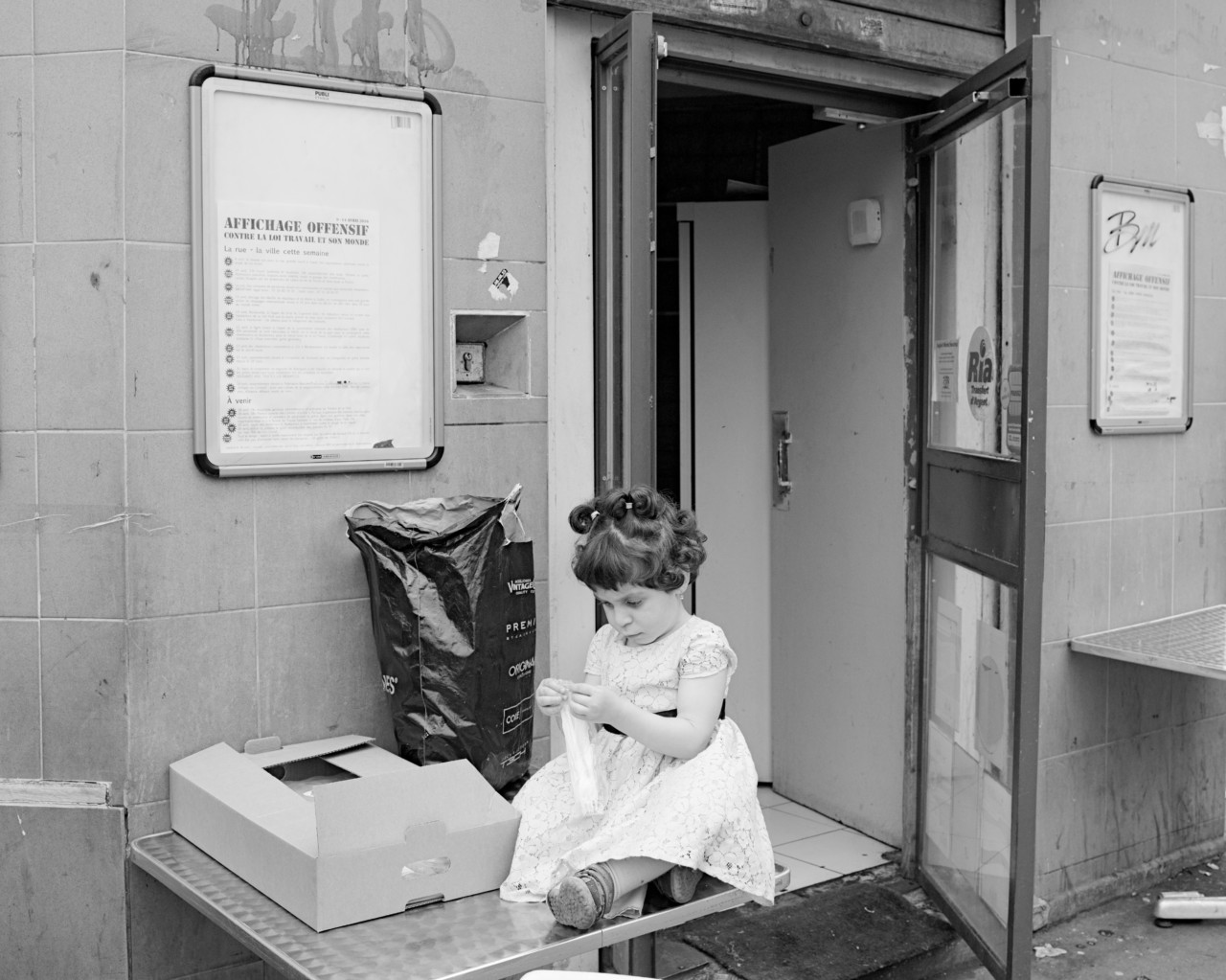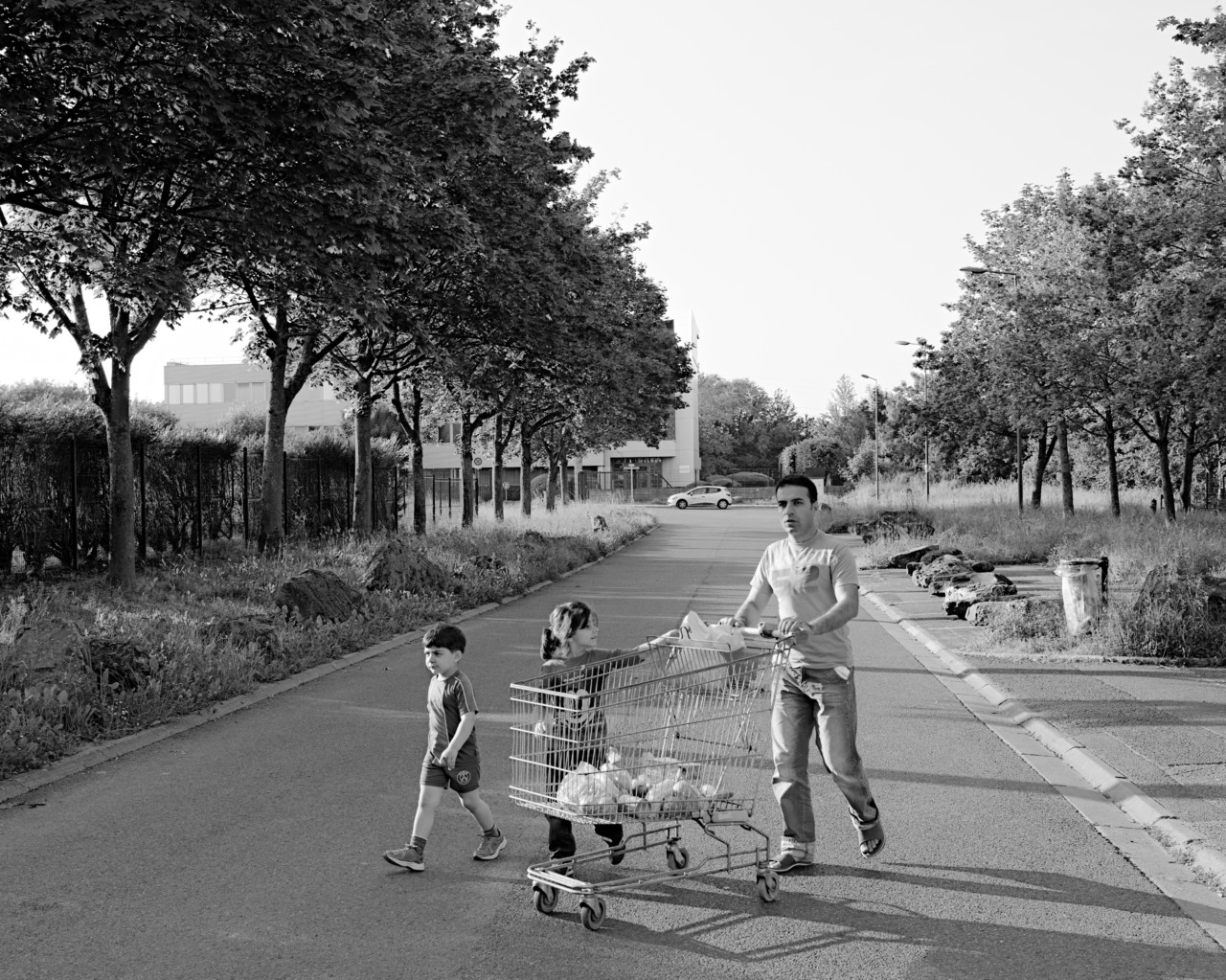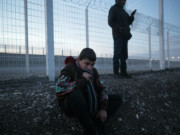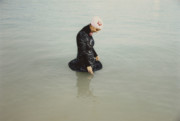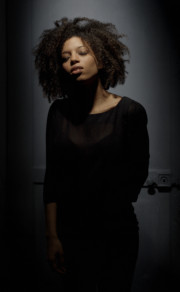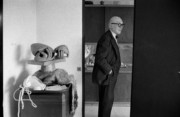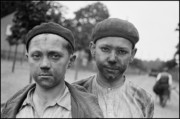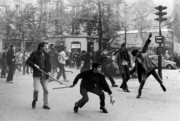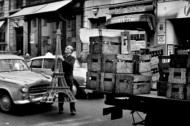Homeless in Paris: Precarious Housing and Refugee Camps in the French Capital
Lorenzo Meloni photographs the temporary structures and makeshift shelters that thousands of refugees and vulnerable people call home in the city of lights
Friedrich Nietzsche once said, “an artist has no home in Europe except in Paris.” Yet, securing a place to live in France has never been an easy process. As Paris-based Magnum photographer Lorenzo Meloni himself described his own experience of relocation to France from Italy, “it’s extremely complicated: the paperwork, the insurance, the guarantor, it’s a real struggle.”
It was through this process that Meloni discovered, next to his new residence, a home for young immigrant workers. Walking through Paris, he then found a makeshift camp that migrants set up near the Stalingrad metro station, in the city’s 17th arrondissement. These two discoveries inspired his documentation of a persistent issue, which he spent several weeks last summer and autumn covering: the rampant problem of precarious housing and hidden homelessness in Paris, a city decidedly more famous for its luxury boutiques and café culture than for its refugee camps.
However, as reported in the New York Times in November 2016, as many as 100 migrants arrive in Paris every day. This marks a shift away from the Calais jungle, which were cleared last winter, to the French capital. Mainly from Africa and Afghanistan, they come with the hope of continuing on to Britain or claiming asylum in France.
Over 3,000 migrants are estimated to be living in a makeshift camp between the metro stations of Jaurès and Stalingrad: “the enclaves of pup tents are islands of misery in the midst of first-world prosperity, ” declares the New York Times.
Photographer Lorenzo Meloni has experience of photographing conflict zones including in Libya, Syrian and Iraq; his documentation of the misery that war inflicts on populations forced to go on the move now extends to what happens when they reach Europe.
He states, “I was very surprised to see this in France…. in Paris, migrants took me to the squats, and I discovered the terrible living conditions. I saw the public housing, the illegal camps, the alleys… In addition, I saw the clashes with the police when evicting squatters and or clearing out street camps. I met a lot of people, spent a lot of time with them, and built trust with the people I was photographing.”
The clashes with the police he references are part of an on-going cycle of homelessness and violence. Clusters of migrants or squatters find a new place to shelter, which attracts more fellow homeless people. Eventually numbers swell, conditions of living deteriorate and gangsters begin to take advantage of the vulnerable, while wealthy residents complain and begin to take action. Finally, the police are called in to deal with the situation, often resulting in violence and people back on the move.
Conditions are worse than ever for the homeless and refugees of Paris, with escalating police brutality and deteriorating conditions for migrants, as reported by The Independent in February 2017. The paper interviewed over 300 migrants who cited the use of tear gas by police, physical and mental health issues going unchecked, including depression and suicides, and the wilful confiscation of basic supplies such as blankets by the police.
If not on the street, the homeless seek refuge in temporary shelters and dedicated refugee sites. However, access to these is restricted to those who have managed to navigate the byzantine system of officially seeking refuge in the EU, a system which, as British MP Diane Abbott points out in a Huffington Post article, refugees are scared of entering because they fear being sent back to the first country in which they entered the EU.
Meloni found solace in the work of the aid groups dedicated to helping the people caught in this cycle, highlighting “the generosity, the incredible commitment of the volunteers who take care of all the people in unstable housing.” For example, organisations such as BAAM (Bureau d’Accueil et d’Accompagnement des Migrants) offer free French classes to migrants and MSF (Medecins Sans Frontières) are, since January 2017, providing mobile clinics throughout the French capital.
Meloni goes on, “This is a very complicated problem because obviously Europe cannot take in everyone, it’s impossible, but it’s also impossible to do nothing.”


